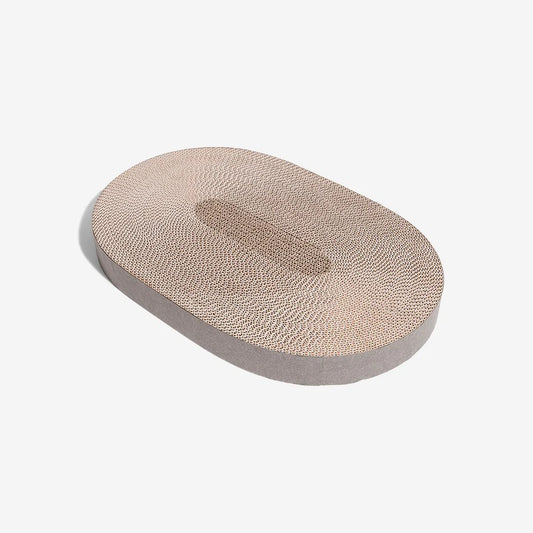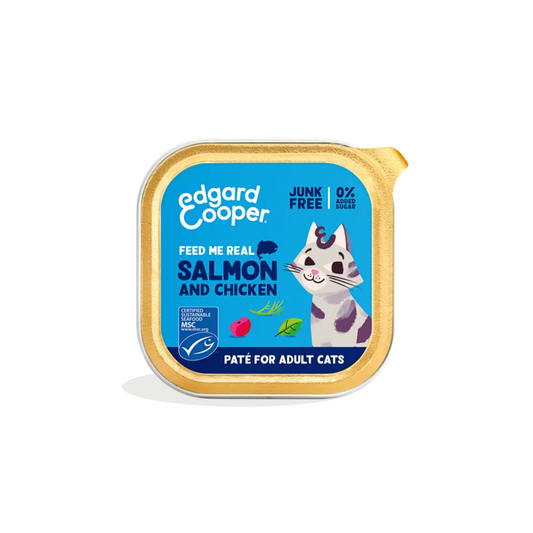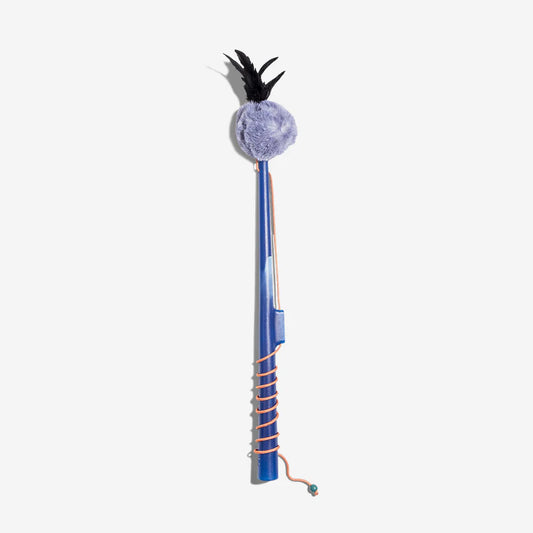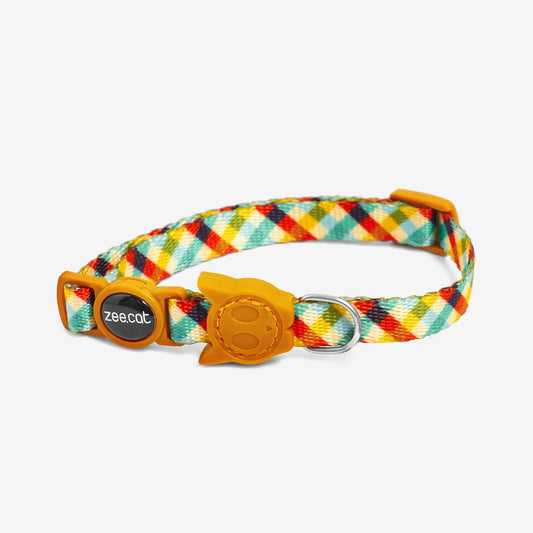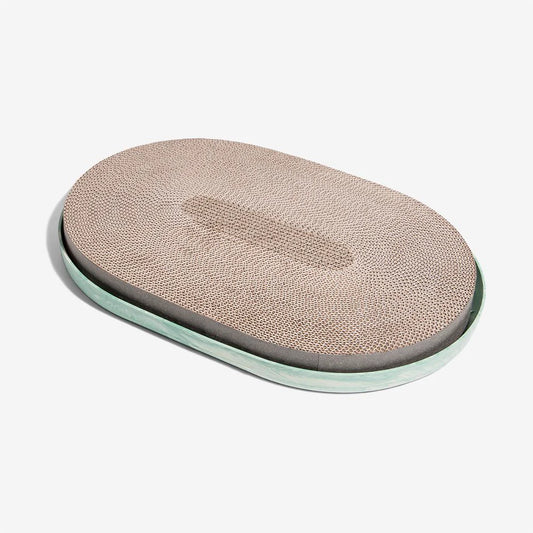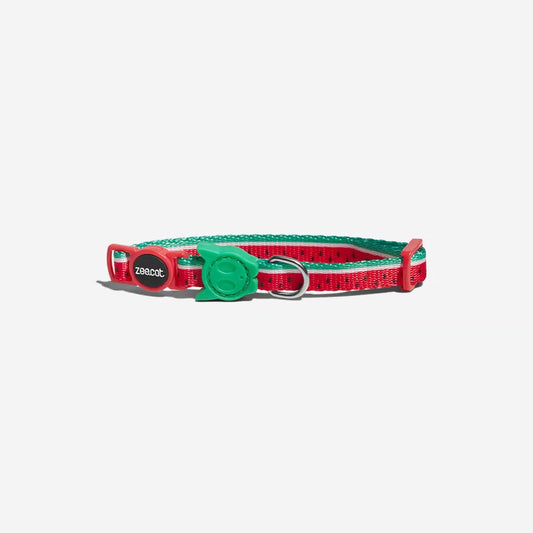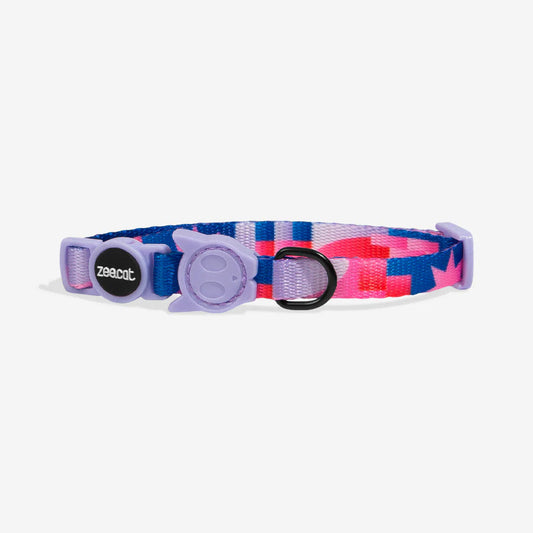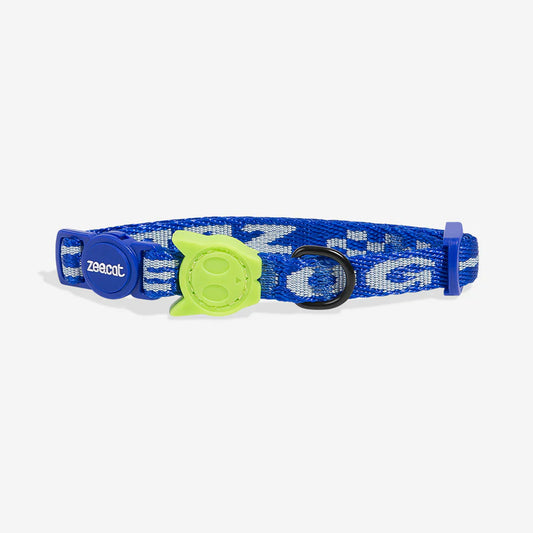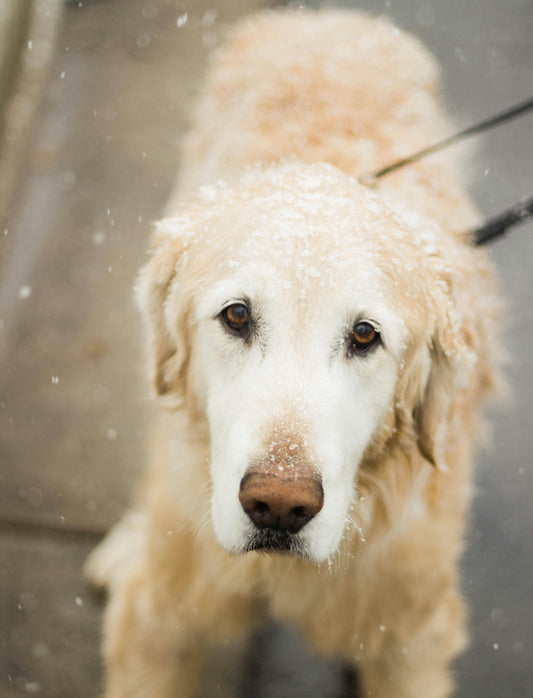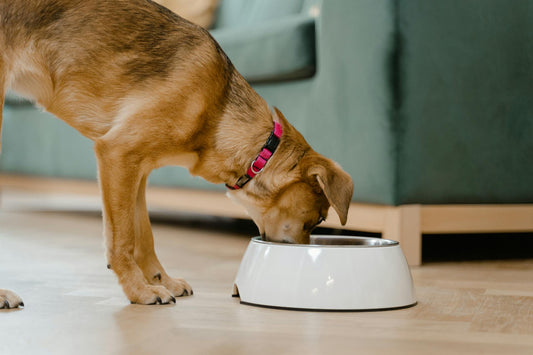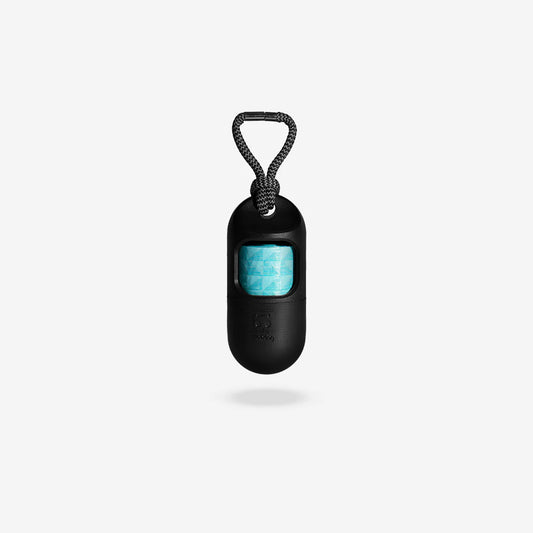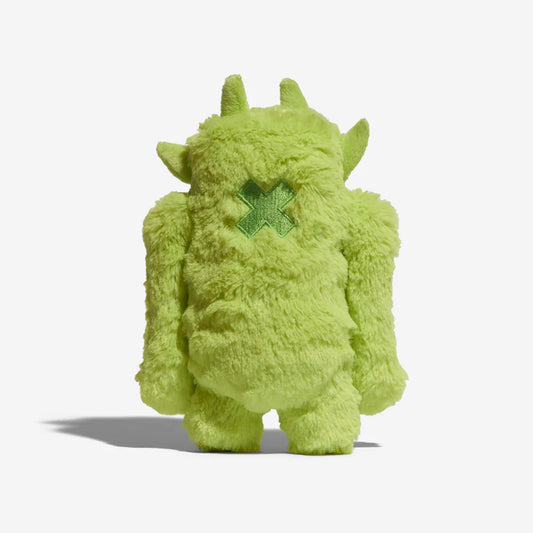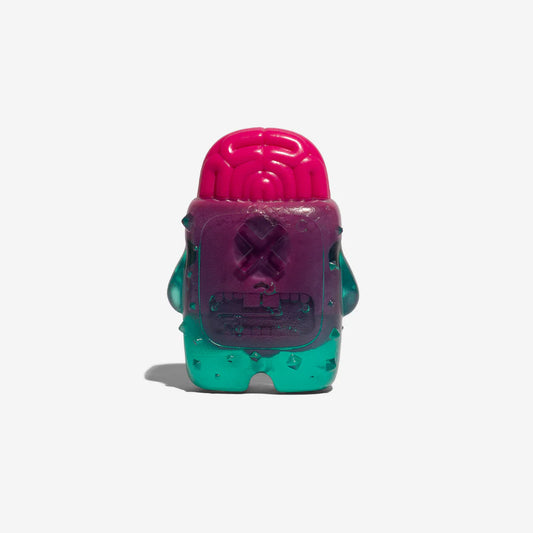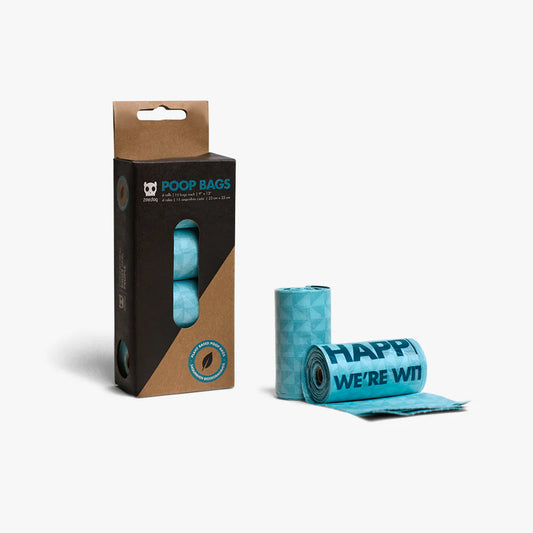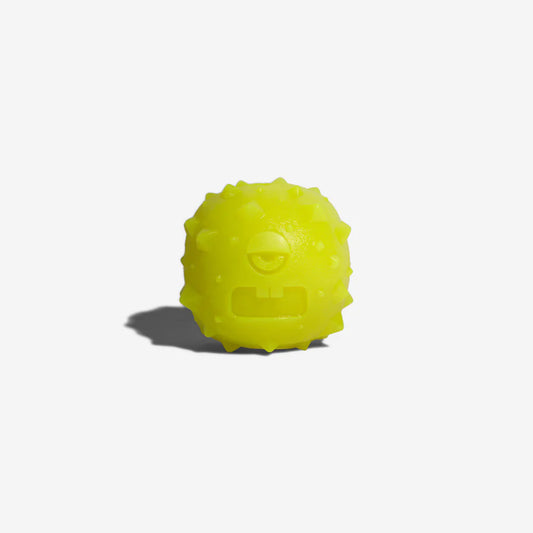Dental hygiene and care for dogs is an essential aspect of pet maintenance that can often be overlooked. Ensuring that a dog's teeth and gums are clean and healthy is crucial for their overall well-being, as poor oral health can lead to infection, bad breath, and even severe health issues such as heart and kidney diseases. This article aims to provide valuable insight into the importance of dental care for dogs and the various methods to maintain it effectively.
To establish a proper dental care routine for your dog, it is crucial to understand the structure and functionality of their teeth and mouth. Dogs have 42 teeth, consisting of incisors, canines, premolars, and molars – all designed to tear, grind, and chew their food. The accumulation of bacteria, plaque, and tartar on their teeth can lead to inflammation of the gums, commonly referred to as gingivitis, which can progress to a more serious condition called periodontitis if left untreated.
Incorporating regular tooth brushing, dental treats, such as Edgard Cooper Doggy Dental, and annual check-ups into a dog's daily routine is essential for the prevention of oral health issues. Additionally, recognizing early signs of dental problems and addressing them promptly can contribute significantly to the long-term oral health of your canine companion. The following sections will further discuss effective dental care tips and practices, along with warning signs and symptoms to watch for, to ensure your dog's dental hygiene remains in an optimal state.
Fundamentals of Dental Hygiene for Dogs
Understanding Canine Dental Anatomy
Dogs have a total of 42 adult teeth that include incisors, canines, premolars, and molars. Each type of tooth serves a different purpose in the dog's mouth:
- Incisors (12 total): Used for nibbling and grooming
- Canines (4 total): Designed for tearing and grasping
- Premolars (16 total): Used for shearing and chewing
- Molars (10 total): Responsible for grinding food
A dog's teeth are surrounded by the gums, which provide a seal to protect the underlying tooth roots and periodontal tissues.
Importance of Regular Dental Care
Proper dental hygiene is essential to maintain a dog's overall health. Regular dental care will help to:
- Prevent the buildup of plaque and tartar, which can lead to significant dental problems
- Avoid bad breath
- Prevent periodontal disease, which can cause tooth loss and systemic infections
Dental care practices for dogs include:
- Brushing: Use a dog-specific toothpaste and a soft-bristle toothbrush to clean your dog's teeth daily
- Dental chews: Provide dental chews designed to mechanically remove plaque and tartar
- Veterinary check-ups: Schedule routine dental examinations and cleanings with a professional veterinarian
Common Dental Issues in Dogs
Some prevalent dental issues in dogs include:
- Gingivitis: Inflammation of the gums caused by plaque and tartar buildup
-
Periodontal disease
stage of dental problems that affects the tissues surrounding the teeth - Tooth fractures: Broken teeth are painful and can lead to infections
- Mouth tumors: Abnormal growths or lesions within the oral cavity
To maintain optimal dental hygiene and prevent these common dental problems, it's crucial to establish a consistent dental care routine for your dog. Regular brushing, dental chews, and professional examinations are essential for your dog's overall health and wellbeing.



